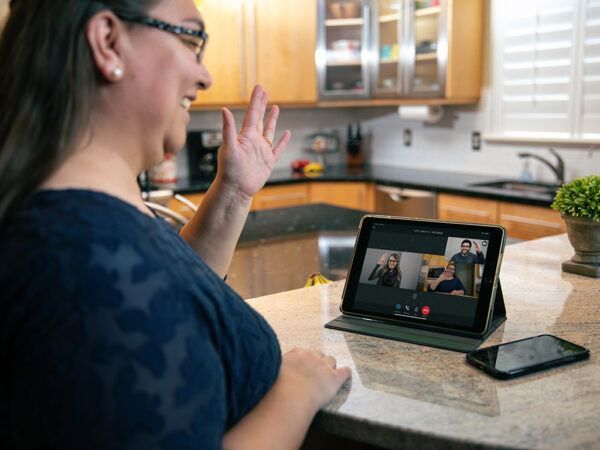Tips and Tricks for Civil Political Discussions in a Particularly Nasty Election Year

No Value (acf:field_669fe7fdb55ef)
It may be difficult to avoid talking about politics with friends and family members, and it’s no secret that politics is a touchy subject, especially in a presidential election year. For many people, the issues at stake are deeply personal and party affiliation is a central part of self-identity.
It's easy for conversations to quickly turn nasty. Here are a few tips on the best way to discuss politics in a polite and civil manner with your friends and family:
Be respectful
You can show someone respect without necessarily agreeing with what they’re saying.
- Allow them to complete sentences or thoughts without interrupting them.
- Don’t immediately discount their points out of hand.
- Keep in mind that the other person has made choices and developed beliefs based on what they consider to be good reasons.
Their experiences may not match your own, and a polite conversation can help you both understand each other better. Insults, accusations, and name-calling cannot.
Don’t expect to change anyone’s mind
The fact of the matter is, it’s extremely difficult to change someone’s mind about something they already believe. Starting a conversation with hopes of getting the other person to “see the light” is just going to end in disappointment and frustration (likely on both sides).
Your only goal in the conversation should be to gain a better understanding of the person’s experiences, beliefs, and perspectives and perhaps even gain some insight on your own, too.
Be openminded
Political opinions are often strongly linked with our own sense of personal identity. That’s why people expressing political views counter to your own can feel like a personal affront or attack. It can be difficult not to immediately get defensive and dig your heels in when someone challenges your political beliefs.
When someone is judging you, you usually feel it. Remember that the reverse is true, too, and your judgmental attitude shows. Do your best to suspend judgement for an open and honest discussion. Be ready to test your assumptions about the other person’s point of view.
If you’re not willing to listen to the other person and consider what they’re saying, why have the conversation at all?
Look for common ground
Ultimately, most of us want similar things. Politics is the process of debating different ways of prioritizing those goals and how to make them a reality. You may find that you agree about the biggest challenges facing the country but have different ideas about how to deal with them. Finding points on which you can see eye-to-eye can help keep the conversation grounded and respectful.
Pick your battles
Sometimes it's better to cut the conversation short. If you’re putting in the effort to be respectful and open-minded, it’s okay for you to expect that from your conversation partner. It’s also okay to walk away before things get too heated.
When it’s clear that the other person isn’t going to be receptive to a civil political discussion, it might be best to simply drop the subject and move on. Find an area of common interest that isn’t so contentious.
Related articles
Deaf Community
News
News and updates about Sorenson VRS products and features and the Deaf community
Hearing Health Providers News
Hearing loss news and trends for hearing health professionals
Hard-of-Hearing
News
News and updates about living well with hearing loss and getting the most out of CaptionCall and CaptionCall Mobile

No Value (acf:field_67911dacbb423)

No Value (acf:field_67911d8bbb421)














































